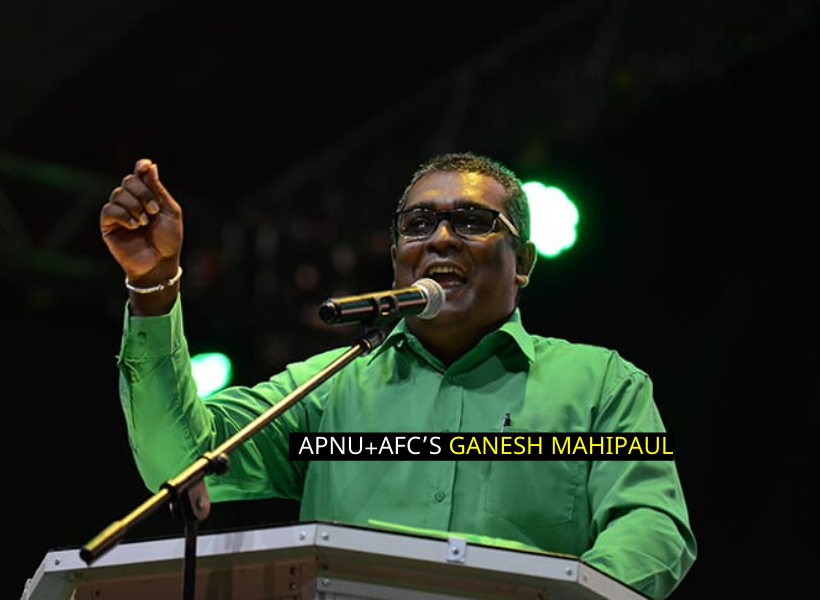The People’s National Congress Reform (PNCR) is calling for an independent forensic audit into the operations of the National Procurement and Tender Administration Board (NPTAB), alleging that there is massive corruption within the agency. Making the call today was party executive and Opposition Parliamentarian, Ganesh Mahipaul.
The legislator’s clamour for a probe comes on the heels of the granting of pharmaceutical contracts to New GPC Inc., amounting to over $7 billion.
“Out of 505 items tendered for by 11 companies across 40 lots, every single one was handed to the New GPC Inc., amounting to over $7 billion. This is a brazen act of favoritism and corruption,” he said.
He added that the PNCR/APNU has verified that New GPC Inc. was not the lowest, most responsive bidder in all 40 lots. He accused persons at NPTAB of obtaining kickbacks from a political organisation.
Mahipaul said that a probe should be launched immediately and must be conducted by an independent international organisation.
“We demand an immediate forensic investigation into the dealings of NPTAB. However, it is abundantly clear that the Audit Office of Guyana is either too intimidated or too under-resourced to tackle the enormity of this corruption.
“Guyana stands at the precipice, with corruption at its highest point and transparency and accountability at their lowest. All Guyanese must stand up to the incompetent and corrupt regime to safeguard our interest,” Mahipaul stressed.
To combat this alleged corruption, Mahipaul suggested that an international, independent investigative commission be established. This body should be tasked with conducting a comprehensive forensic audit of NPTAB and all related entities and must be free from government influence and interference.
He also proposed that there be “international oversight”.
“We call on international anti-corruption agencies and organizations such as Transparency International and the United Nations to provide oversight and ensure the investigation’s integrity.”
Thirdly, Mahipaul called from the immediate reform of procurement laws to include more stringent anti-corruption measures, including transparency in the bidding process, public disclosure of contract awards, and mandatory audits for all significant public tenders.
Fourthly, he said that there is a need to implement a robust legal framework with the aim of protecting whistleblowers who expose corruption within government agencies and ensure they are not subjected to retaliation.
Lastly, he said that the results of any investigation should be made public, and individuals found guilty of corrupt practices should be prosecuted to the fullest extent of the law, with no immunity for high-ranking officials.













